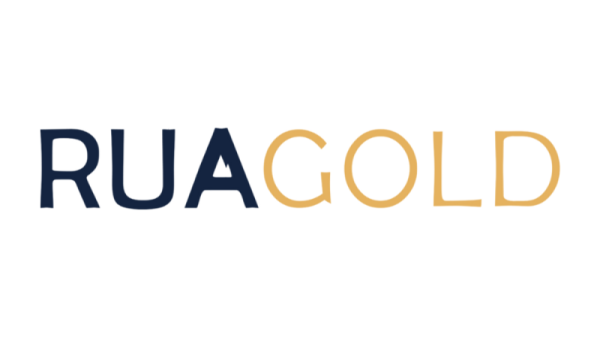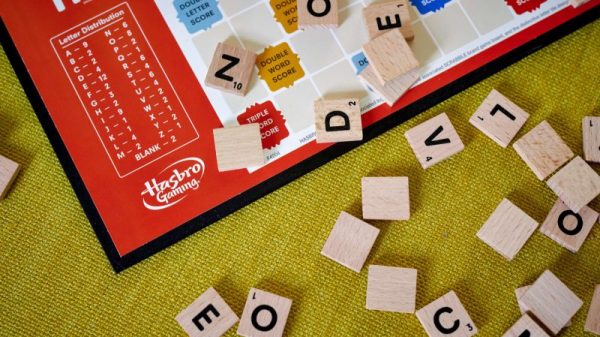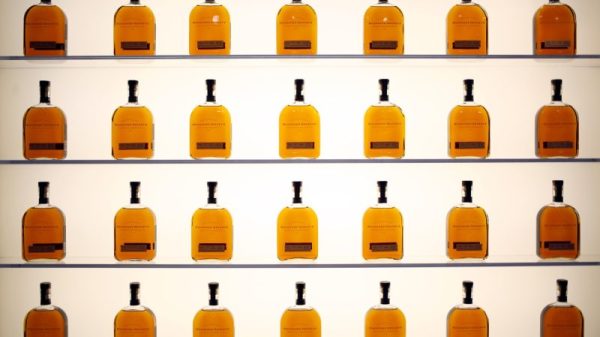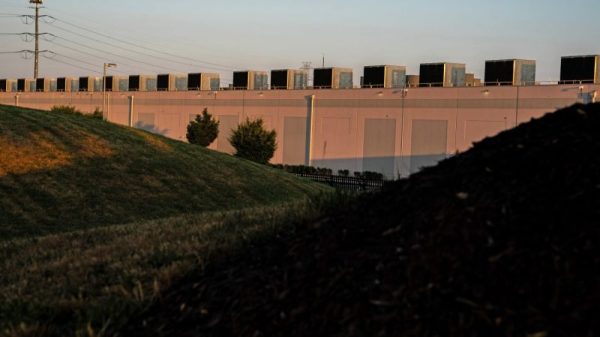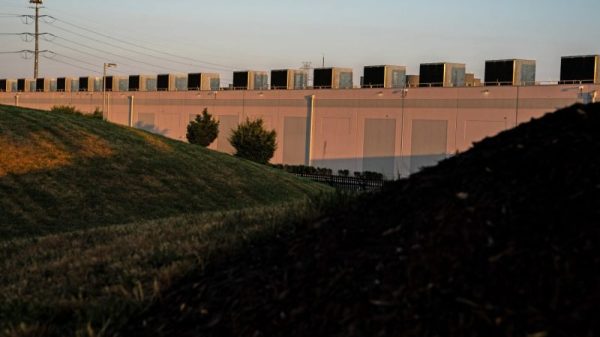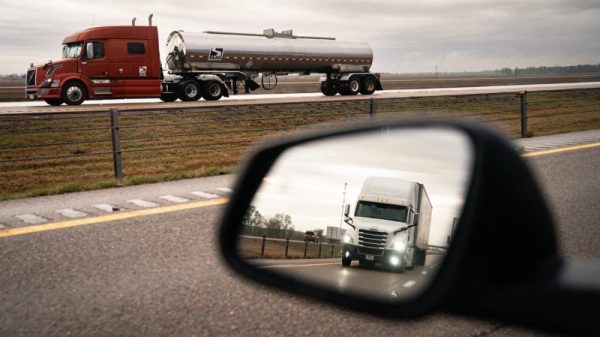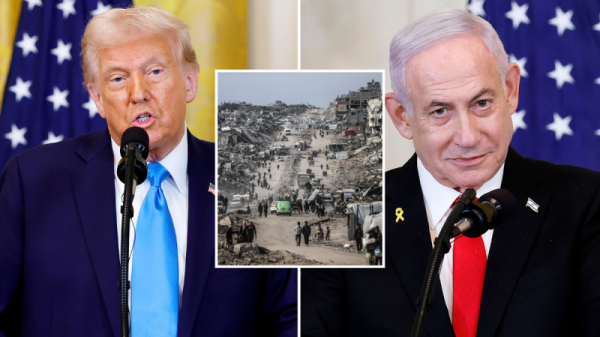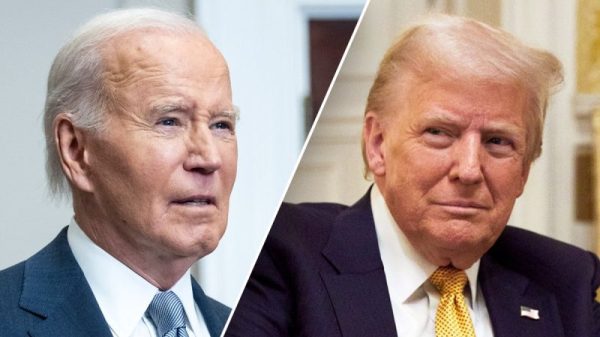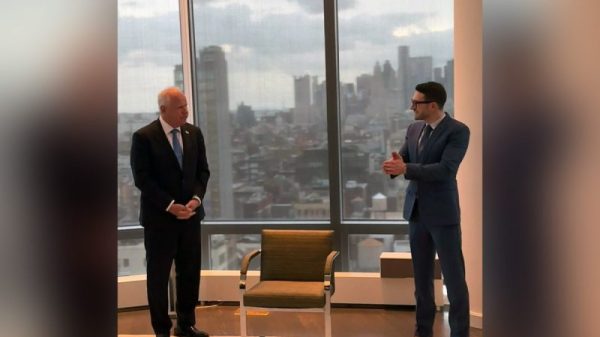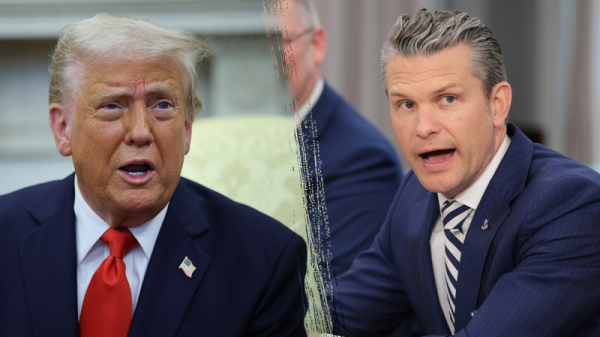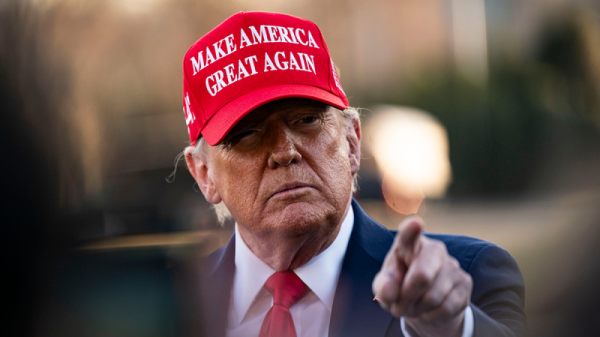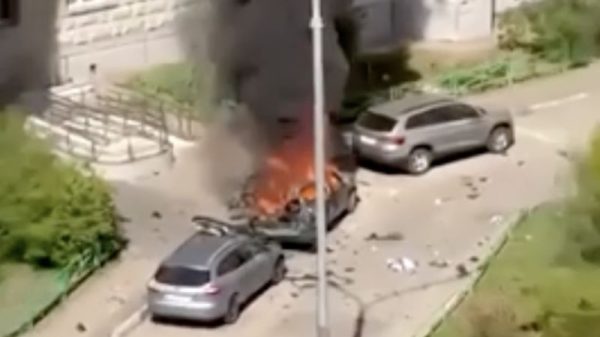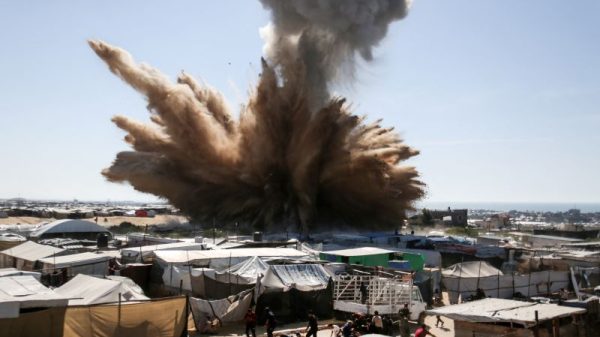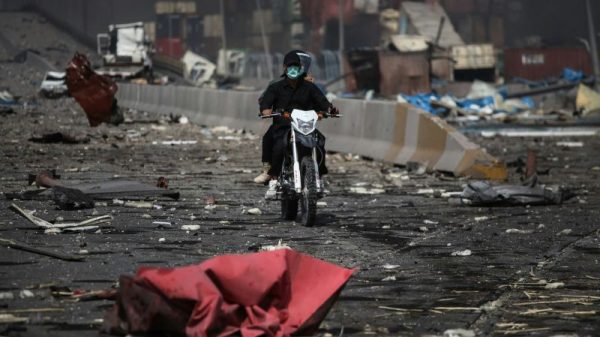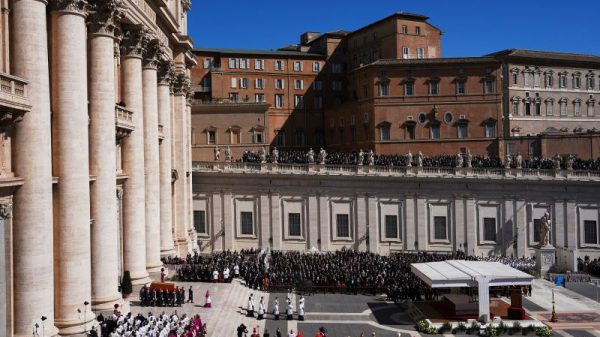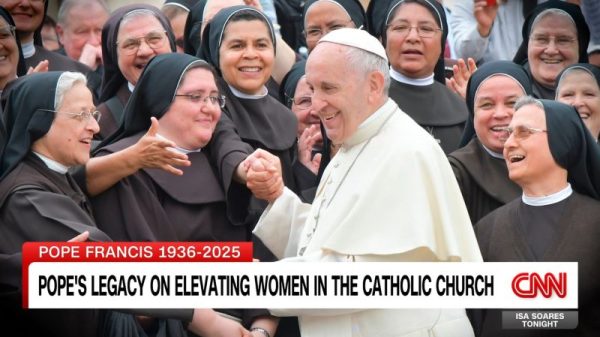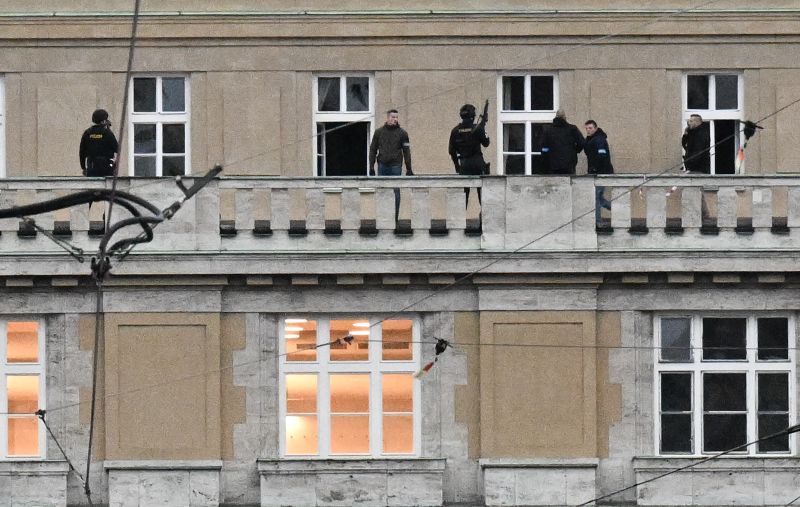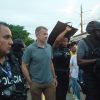Prague was in shock and mourning Friday after a gunman killed 14 people and injured 25 more at Charles University, the deadliest peacetime attack in the history of the Czech Republic.
The brutal incident on Thursday was also the first-ever school or college shooting in the Czech Republic, leaving the nation and its top officials stunned.
Prague, a festive winter wonderland just 24 hours before, felt somber and empty on Friday morning. A makeshift memorial of candles and flowers was set up at the university’s historical headquarters overnight, with people coming to pay their respects from early in the morning, despite heavy snow and rain.
Addressing the nation on Thursday, Czech Prime Minister Petr Fiala called the shooting “a senseless attack” and said “this Christmas will be unimaginably sad.”
“Like many of you, I am feeling a deep sorrow and disgust over this incomprehensible and brutal violence,” Fiala said. Czech President Petr Pavel said he felt “deep sadness and also helpless anger over the loss of so many young lives.”
Pope Francis, meanwhile, said he was “deeply saddened” to learn of the shooting, according to a Vatican statement released Friday.
“His Holiness Pope Francis expresses his spiritual closeness to all affected by this tragedy,” the statement said.
In a press conference Friday, Prague police chief Petr Matějček also confirmed the gunman – a 24-year-old man who was a student at the university – died by suicide. Police have not yet named him.
“I went to the site of the attack and I was horrified and shaken. And I have been with the police for 40 years,” Matějček told journalists.
“When I saw the amount of ammunition, the weapons that he brought, what he was prepared for, I can only thank my officers for their quick action — they prevented many more deaths.”
Speaking at a news conference on Friday, Czech Police Chief Martin Vondrášek also said that having been a police officer for 35 years, he had “never seen anything as horrifying” as the shooting at Charles University in Prague that left 14 people dead and 25 more injured.
He said 13 people were killed at the scene and one died after being taken to hospital.
Vondrášek said that the Czech police has begun regular and sustained training for active shooter situations following the 2011 terror attacks in Norway.
“That was the moment we realised this kind of thing can happen anywhere,” he said. “I can assure you that not a week passes without an active shooter training somewhere in the Czech Republic,” he said.
Vondrášek praised the prompt response from police and other emergency services, which he said likely saved many lives.
The country’s Interior Minister, Vít Rakušan, made an emotional plea with Czech citizens to seek mental health support and not to spread false information in the wake of the shooting.
“Please seek help. There are many resources. The Czech National Institute for Mental Health has many resources, including guides on what to do in crisis — and this is a crisis,” Rakušan told a news conference.
“There is no shame in asking for help. There is no shame in seeking professionals. Please, do not hesitate to do this,” he added.
Rakušan also asked the media and the public not to share information about the gunman and details of the shooting, saying that experience from abroad shows this could lead to copycat attacks.
“Do not give the perpetrator what he wanted. Do not give him the publicity, do not give anyone a chance to be inspired by this act,” he said.
Police in the Czech Republic say they have bolstered security across the country following the deadly incident.
“We have adopted nationwide precautionary measures in relation to schools and other soft targets,” police said in a statement on Friday, adding that there is no information about any specific threat.
The area around the building is popular with tourists and close to major attractions. It is just across the Vltava River from Prague Castle and five minute walk from the Old Town Square where Prague’s famous Christmas Markets were taking place. The historic Jewish Quarter is within a few hundred meters of the building.
Authorities are still investigating a motive in the rampage, which took place at the Faculty of Arts building of Charles University. Known in Czech as the Faculty of Philosophy, the school is one of the original colleges set up when the university was founded in 1348. Subjects including history, philosophy, art theory and languages are taught there.
Police said that as of midday on Friday, all 14 victims had been identified. The victims included a number of young students, a lecturer, and the head of a university department.
The Department of Musicology at the school announced that its director Lenka Hlávková was among the victims of the shooting. Hlávková was a renowned expert in the musical culture of medieval central Europe and the department said in a statement her death was “extremely cruel” news.
Lidové Noviny, a Czech national daily newspaper, said in a statement that one of its employees, a proofreader and a first year student of Czech and Deaf studies Lucie Špindlerová was killed in the attack.
A photograph of Špindlerová published by the newspaper shows a young, smiling woman posing in large hat and smelling blooming flowers.
The newspaper said Špindlerová was “a colleague and, most importantly, a friend” and that her death was “extremely painful news.”
Later on Friday, the Czech Athletic Federation announced that a 20-year-old shot-putter, Klára Holcová, was among those murdered in the attack.
The federation described Holcová as a “promising” young athlete who won nine medals at various Czech championships. She also represented the Czech Republic at international track and field meetings.
Holcová studied Czech studies and archival sciences at the university, the federation said.
A post on the official Facebook page of the university’s department of Germanic studies said that one of its lecturers, Jan Dlask, was also killed.
The statement described Dlask as “a friend, classmate and a wonderful and kind person, an expert in Finnish and Fenno-Swedish literature.”
Another victim was Magdaléna Křístková, known as Majda, according to a statement issued by the authorities in her hometown of Roztoky. She was also a student of languages and deaf studies.
The town said she was active member of the community, taking part in a municipal events and a camping club for children. “Joyful, kind, incredibly talented and creative, Majda is no longer with us and we will miss her tremendously,” the statement said.
The identities of other victims have not been publicly announced.
How the shooting unfolded
The police chief said authorities had information about the shooter before the university killings, saying police received a tip he was traveling to Prague from his hometown village of Hostouň with the intention to take his own life.
Some time later, the police received information that a man, believed to be the gunman’s father, was found dead in Hostouň.
Vondrášek said the police were aware the shooter had a lecture at 2 p.m. local time and evacuated the building where the lecture was meant to take place. But authorities then received a call about a shooting in a different building, according to the police chief.
Czech police on Friday released body camera footage taken during the response to the mass shooting, showing officers searching through corridors and evacuating people from the buildings. It also shows inside a classroom where many of the victims were found.
Czech authorities are also working on a theory the gunman is connected to a double homicide in Klanovice, a Prague suburb, last week, where a man and a two-month-old baby were found murdered in a forest. Speaking on Friday, the police chiefs said this was believed to be “extremely likely.”
The shooter had a gun permit and owned several weapons, Vondrášek said.
The Czech Republic has relatively liberal gun laws compared to the rest of the European Union, but gun attacks are rare. To obtain a gun legally, a person needs an official firearm license, which requires a medical examination, a weapon proficiency exam and no previous criminal record.
Rakušan said that reforms seeking to make the gun laws stricter are already being discussed in the Parliament, and that the legislative process began before the shooting attack on Thursday.
The reformed law would make it easier for police to confiscate guns based on information about potential risks, Rakušan said. It would also make it a legal requirement for gun sellers to report any unusual purchases of weapons, including purchases of large amount of ammunition.
Under current Czech laws, a firearm license is needed to obtain a weapon legally. To get the license, people have to pass a weapon proficiency exam and a medical exam.
Rakušan said that under the proposed reforms, the medical exam would be stricter and include a psychological evaluation. Only people with a clean criminal record can get the license. Around 300,000 people in the 10 million country own a firearm license, according to police statistics.
According to official police statistics, more than 300,000 people have a legal permit to own a gun. As of 2022, almost 1 million legally owned weapons were officially registered in the Czech Republic.




